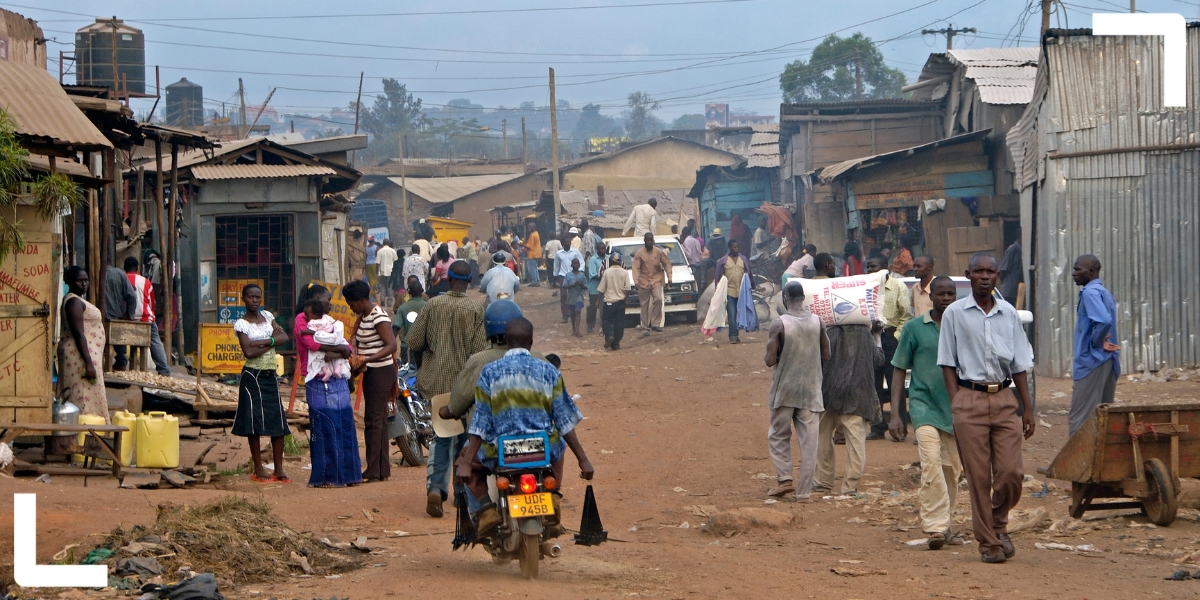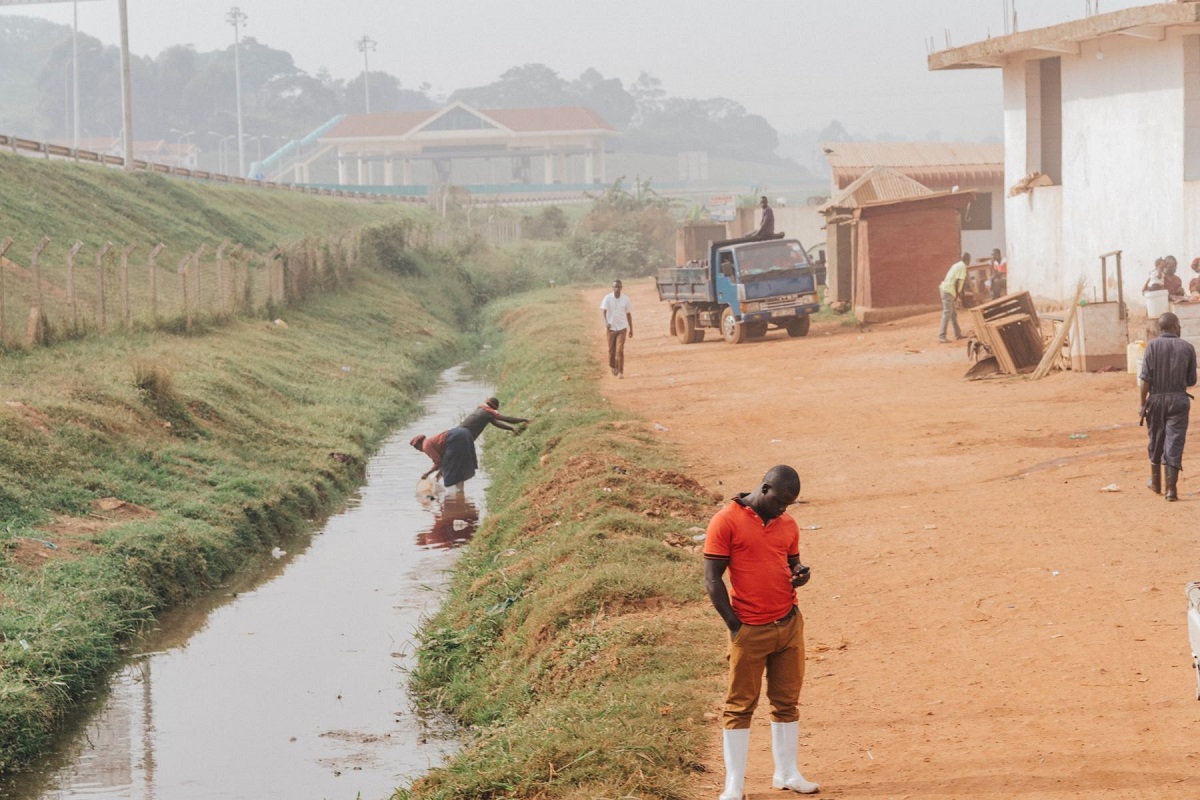By Patricia Liola Tona Katto, Kareem Buyana, Nansozi K. Muwanga and Paul I. Mukwaya
Obuntubulamu is a widely recognised concept throughout Uganda, emphasising the importance of treating others with kindness and tact. It originates from the precolonial values of the Bantu people, promoting peaceful, communal living. The Bantu is a large, diverse group of African ethnic and linguistic communities that share a common cultural heritage, and are geographically spread across sub-Saharan Africa.
In the precolonial epoch, before the imposition of national borders during the scramble for and partition of Africa, the Bantu employed traditional systems to assist people affected by inter-tribal wars or territorial conflicts. These systems encouraged communal support and dialogue as a means of conflict resolution and were typically endorsed by traditional leaders, including clan leaders, elders and chiefs. These principles played a crucial role in preventing and mitigating adverse effects of displacement.
The influence of these values can be seen in Uganda’s approach to handling refugees. Surrounded by regions embroiled in conflict, Uganda has become a safe haven for refugees. According to the UNHCR, as of February 2023, Uganda is the third-largest host of refugees globally, with a reported 1,521,424 refugees. The origins of these refugees span from South Sudan (56.9%), the Democratic Republic of Congo (31.8%), Somalia (4.4.%), Burundi (2.7%), Eritrea (2.0%), Rwanda (1.5%), Ethiopia (0.4%), Sudan (0.3%) and other countries (0.1%).
In addressing the refugee issue, the international community has historically given limited attention to regional social cohesion within inter-tribal communities in Africa. This cohesion has, however, played a significant role in enhancing Uganda’s ability to receive and protect refugees from neighbouring countries within local communities.
Challenges and opportunities
Nevertheless, Uganda’s refugee-friendly legal framework and policies have garnered international praise, as they provide refugees with many freedoms intended to help them navigate their stay in Uganda. With the open-door policy, refugees have freedom of movement, resulting in an estimated 100,000 people settling in Kampala.
The urban context in Kampala presents both opportunities and challenges for displaced young women and men. Without the constraints of refugee settlement procedures, urban refugee youth can forge their own path and accumulate wealth once they move into Kampala.
A neighbourhood in Kampala, Uganda. Photo credit: Random Institute / Unsplash
The downside, however, is that they receive less social and economic support from international aid agencies than refugees in rural settlements. This exerts a toll on their physical and mental wellbeing, as they grapple with the challenges of adapting to an entirely unfamiliar environment. As a result, depression is prevalent among the demographic, with female urban refugees being more affected than their male counterparts. The situation is exacerbated by rising tensions on the part of host community members, fuelled by xenophobic stereotypes that have arisen from instances of crime and insecurity perpetrated by some urban refugee youth.
Gaps in social inclusion policy
Consequently, urban refugee youth often have to rely on social networks and infrastructures of care and solidarity with other refugees, in order to access economic opportunities. Though quite robust, these refugee networks, particularly those among Somalis and Congolese, are often hindered by a lack of eligibility to claim public services that could potentially formalise their business start-ups. This is reflective of gaps in the existing refugee-related legal and policy framework for social inclusion. Oversight in the education, skills development and justice and legal services policies have resulted in urban refugee youth struggling to gain employment, access finances, access education and access legal services in Kampala.
A brickmaker in an informal settlement in Kampala, Uganda. Photo credit: Esteban Castle / Unsplash
With self-employment in the informal sector as the main available income-generating activity, lack of capital remains a major constraint for potential microentrepreneurs. Urban refugee youth interviewed seemed to have limited access to banks or formal savings or lending institutions. Additionally, managers of education and training programmes for refugee youth are of the view that they cannot hope to meet the scale of the need for their services.
Most urban refugee youth face a major educational disadvantage in their host community. Uganda has government schools that offer free education and the refugee legal and policy framework allows for refugees to enrol in these schools. However, overcrowding means that refugees are often required to compete with Ugandan students for school places. With Ugandans regularly being favoured over their refugee counterparts, most refugees are never re-integrated into the school system. Though opportunities for technical and vocational education and training (TVET) are not completely out of reach for this cohort, these trainings are usually outdated and thus do not promote integration into the labour force for either refugee or Ugandan youth. Taking into consideration these limitations, it is no surprise that refugee youth within informal settlements turn to crime, fuelling rising tensions.
Potential for empowerment
Overall, enormous untapped potential exists that could be realised through the empowerment of refugee youth within Kampala’s informal settlements. There are opportunities and resources that, if harnessed or utilised effectively, could lead to the empowerment and improvement of their lives.
To empower and create opportunities for refugee youth, actors should focus on addressing the gaps in the current legal and policy framework. Issues that need to be addressed include: enabling urban refugee youth to enrol in government schools; discrimination in the formal and informal work sector; and access to legal services to combat the aforementioned discrimination. In addition, there is an urgent need for initiatives and programmes to ensure better integration of refugees into host environments. These programmes and initiatives should combat the rising tensions by reviving the virtues of Obuntubulamu.
Header photo credit: AnjoKanFotografie / iStock. People travelling home from work in Kampala, Uganda.
Note: This article presents the views of the author featured and does not necessarily represent the views of the African Cities Research Consortium as a whole.
The African Cities blog is licensed under Creative Commons Attribution-NonCommercial-NoDerivatives 4.0 International (CC BY-NC-ND 4.0), which means you are welcome to repost this content as long as you provide full credit and a link to this original post.




